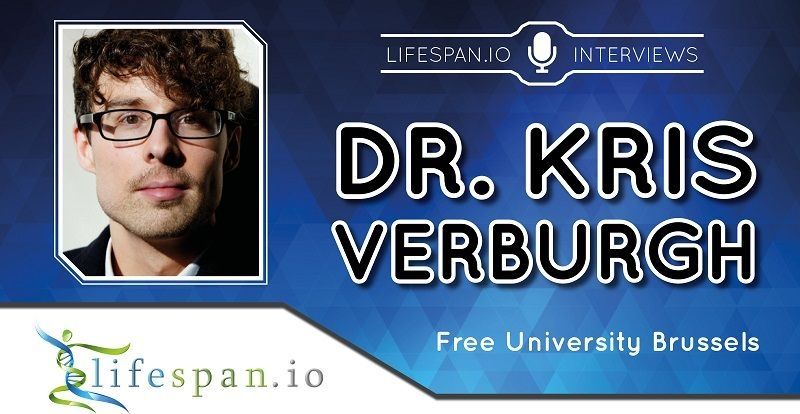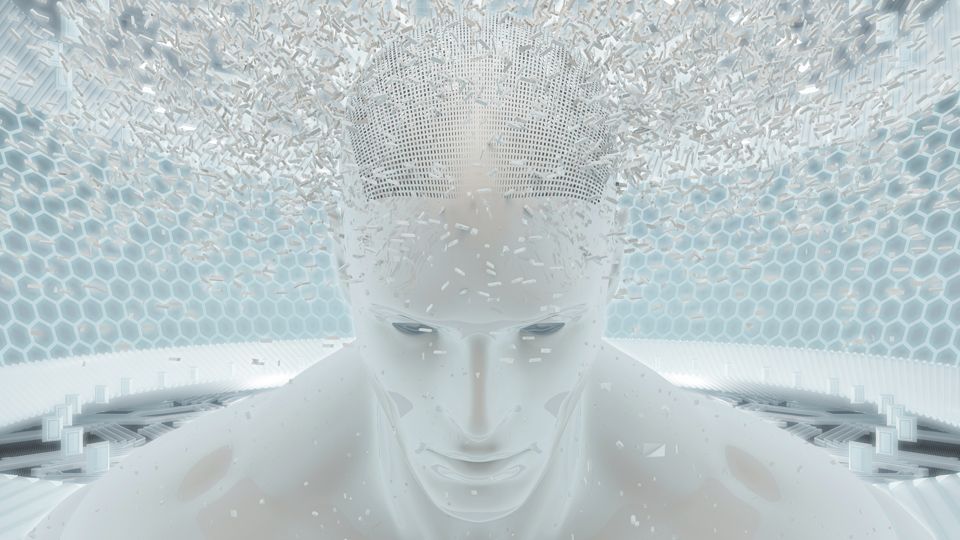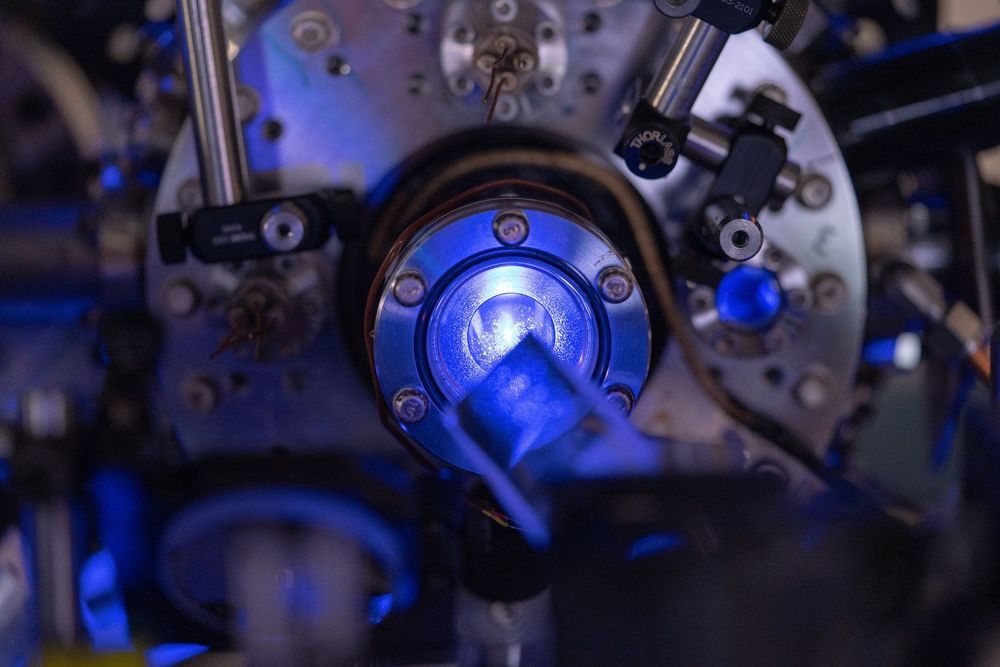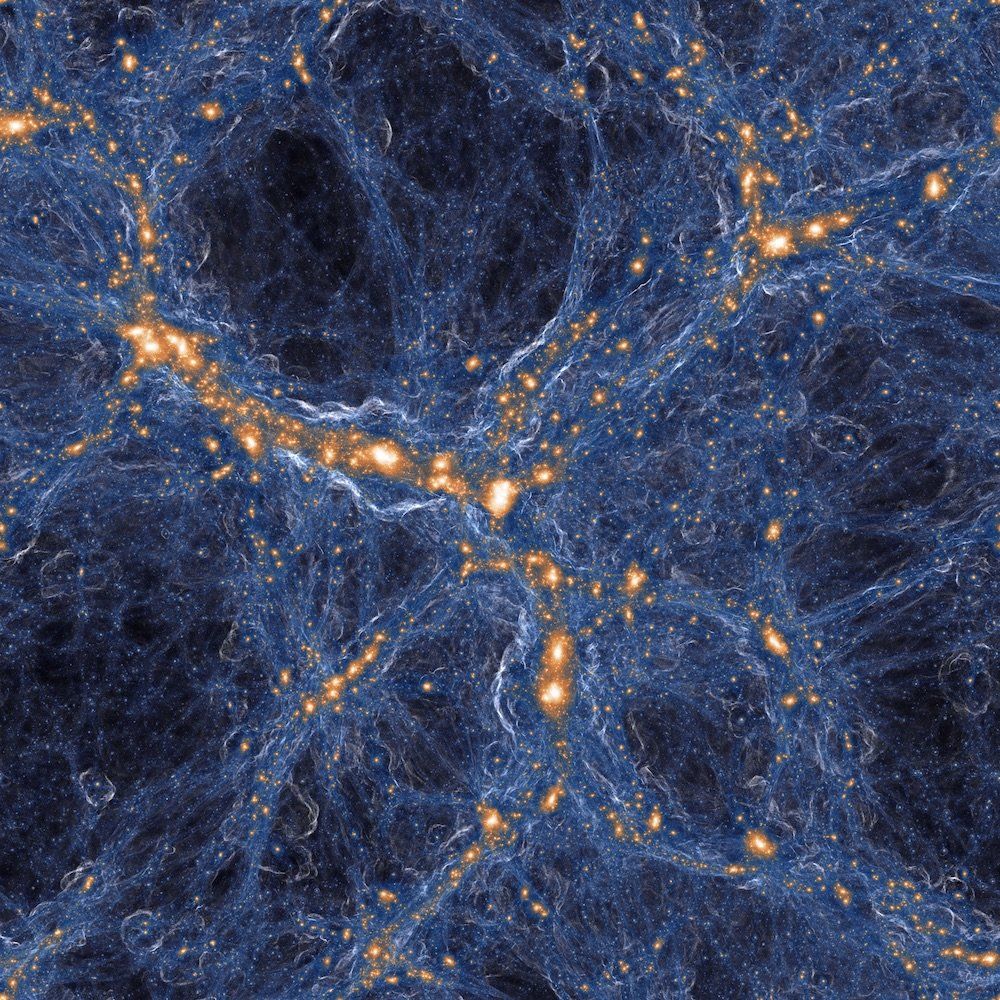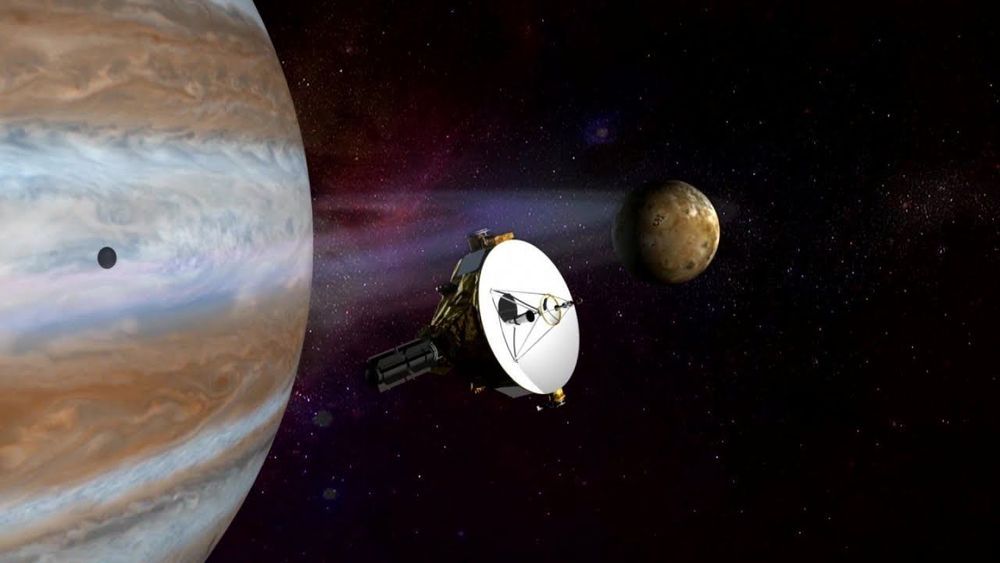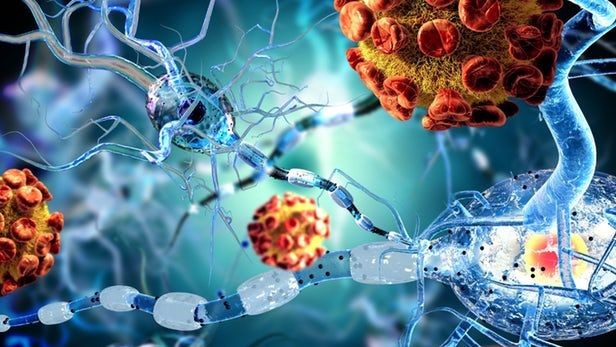Jan 4, 2019
An Interview with Dr. Kris Verburgh, M.D
Posted by Steve Hill in categories: biotech/medical, life extension, robotics/AI
At the Fourth Eurosymposium on Healthy Ageing, which was held in Brussels last November, Elena and I met Dr. Kris Verburgh, a medical doctor who is especially interested in biogerontology and the potential of this field of study to turn medicine on its head.
Dr. Verburgh is only about 33 years old and has already written several science books—one of which, written when he was only 16, made him the youngest science author in Europe. Another prominent interest of his is nutrition, which he believes is one of the best, if not the best, ways we currently have to slow down the march of aging and buy ourselves more time to live until the rejuvenation age; his latest book, The Longevity Code, is centered around this topic.
Dr. Verburgh is also a strong supporter of the idea that AI will play a more and more important role in research, leading the way to a not-too-far age of personalized medicine—this was one of the theses he touched upon during the panel in which he participated at EHA.
